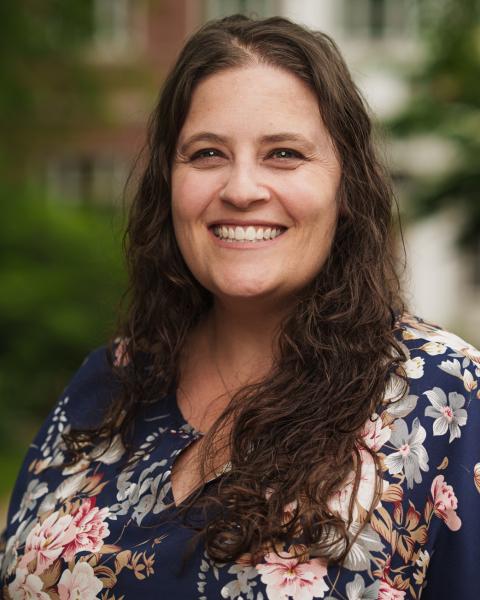UNH Extension Helping Coordinate Delivery of Mental Health First Aid® Throughout New Hampshire
UNH Extension is coordinating the delivery of the Mental Health First Aid® program throughout New Hampshire. This eight-hour training is designed to teach participants how to help adults who are experiencing mental health or addictions challenges or who are in crisis. This course is available to anyone: parents, friends, neighbors, or professionals. Through this training participants will learn how to identify, understand and respond to signs of mental illnesses and substance use disorders.
This training is free for participants, thanks to a grant from the Substance Abuse and Mental Health Services Administration. Sessions are offered online and in-person. Individuals can find a training or organizations can request a training. To learn more or request a training, visit: https://extension.unh.edu/health-well-being/youth-family-resiliency/mental-health-first-aidr
There have been increases in mental health challenges in the past few years, even prior to the COVID-19 pandemic. Stay-at-home orders, social isolation and other contributing factors have further increased mental health challenges.
A recent 2021 AARP survey on COVID and emotional well-being reveals how the pandemic has taken its toll on older adults’ mental health. Results showed the emotional impact of the pandemic has led some older adults to increase both positive and negative coping habits. For example, one quarter of older adults reported eating more unhealthy foods now vs. pre-pandemic. Additionally, 77% of those aged 50 and older said the pandemic had increased their level of concern about the future and worry in general, and 7 in 10 said they had an increased level of depression and anxiety. Fifty percent reported that the pandemic had increased their level of anger in general. A positive result shows that 27% have increased practicing mindfulness such as meditation or prayer.
These findings are supported by recent results from the National Poll on Healthy Aging survey, which found many older adults ages 50 to 80 reported experiencing worse depression or sadness, anxiety, and worry, since the start of the pandemic. This makes sense, given what we know about prolonged social isolation and loneliness.
Training community members will help ensure that adults receive the care they need.
Extension also offers the Youth Mental Health First Aid program. This program is designed to teach school staff, community members and other caring adults how to help children and adolescents (ages 12-18) who are experiencing mental health or addictions challenges or who are in crisis.

